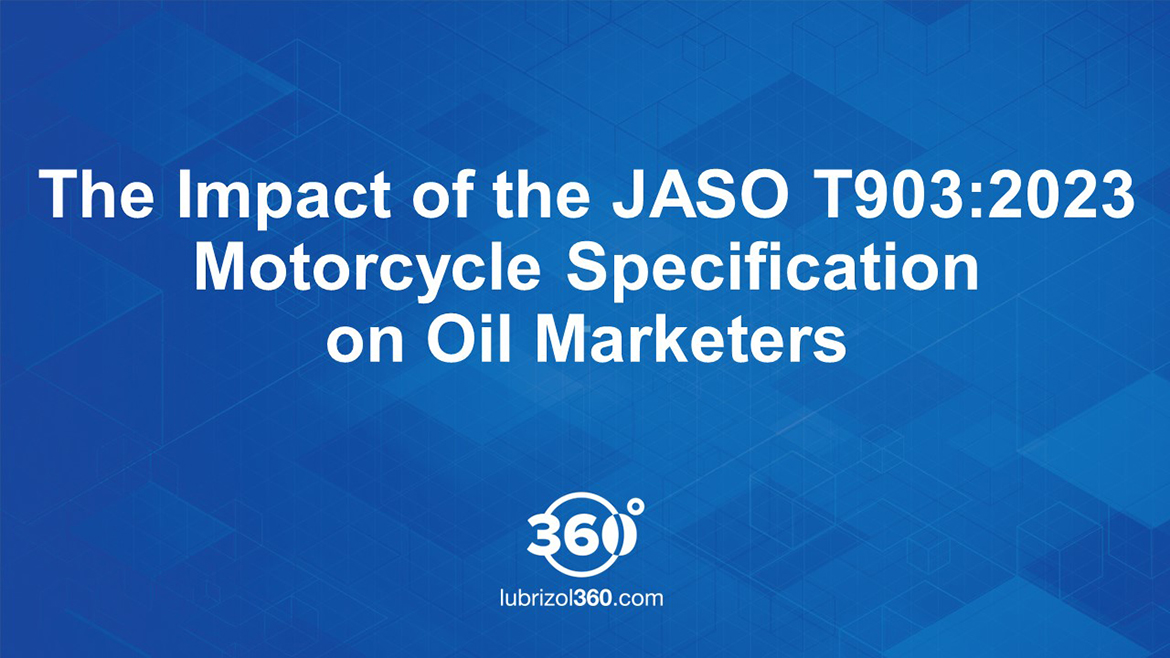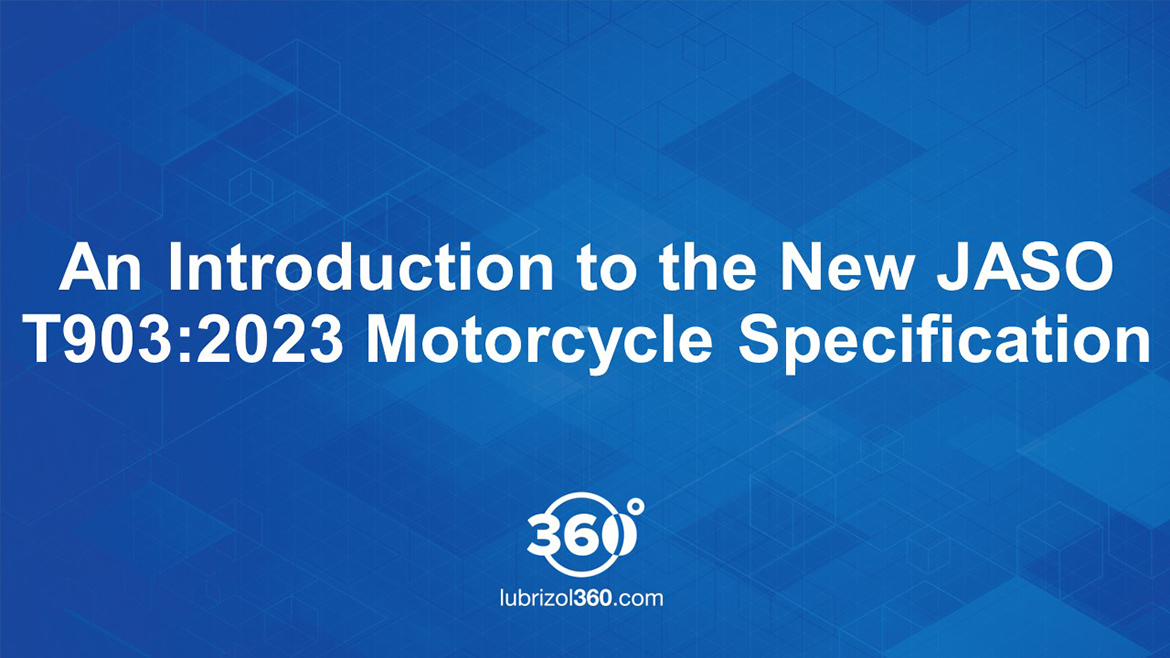Japanese Automobile Standards Organization (JASO)
The Japanese Automobile Standards Organization (JASO) is an industry organization and specification setting body for lubricants designated for use in a broad range of Japanese hardware. JASO small engine specifications are broadly recognized and have been adopted globally by the industry as key performance standards for both 2-stroke and 4 stroke applications. The JASO standards are used by oil marketers and many OEMs globally as an indication of the baseline performance upon which their performance requirements are built. The JASO emblem and associated specifications displayed on oil containers assist consumers with identifying the correct lubricants for motorcycles and other small engine equipment.
For 4-Stroke applications, JASO introduced the T903 specification in 1998 as a global standard. The specification was designed to address clutch slippage problems in the field, provide the correct balance between hardware durability and catalyst protection and to improve fuel economy performance in scooter applications. This was in direct response to industry concerns relating to the incorrect use of lower viscosity and highly friction modified lubricants in wet-clutch motorcycle applications and a need to upgrade the quality of four-cycle motorcycle lubricants available in the market.
For 2-Stroke applications, JASO introduced the M345 specification in 1994 as a global standard. The specification was designed to set a minimum level of engine protection and exhaust emissions control performance, in response to industry concerns about the durability of two-cycle engines and quality of two-cycle lubricants available in the market.
For a deeper dive into specifications, see the Lubrizol Ready Reference Guide, the industry's go-to resource for understanding fuel and lubricant performance principles and requirements.
Related Articles

The Impact of the JASO T903:2023 Motorcycle Specification on Oil Marketers
August 21, 2023
Motorcycle technology continues towards lower emissions, higher power densities and higher fuel efficiency, offering opportunities for oil marketers.

An Introduction to the New JASO T903 2023 Motorcycle Specification
July 31, 2023
On May 8, 2023, JASO released their latest update to the T903 specification. It consists of three parts: engine performance, clutch friction performance and physical chemical limits.
.jpg?h=658&w=1170&la=en&hash=1AEFFE4F0D96D91AD1D573C5986A3D30)
JASO T903:2023 Motorcycle Specification is Here
May 08, 2023
The JASO T903:2023 specification for four-stroke motorcycle oils has been released. What changes are being made, and how will it impact key stakeholders.

How Tighter Emissions Limits are Impacting Motorcycle Oil
March 09, 2023
The introduction of tighter emissions standards around the world has led to motorcycle original equipment manufacturers making hardware and aftertreatment device changes, this is impacting motorcycle oil.
.jpg?h=658&w=1170&la=en&hash=F051DD2E78BEB30AA9C87A6F3D2BB06D)
Formulating For Higher Efficiency Motorcycle Oil
February 24, 2023
The global motorcycle market is seeing a noticeable drive toward greater performance and increased efficiency. This is driving demand for lighter viscosity grade motorcycle oils, resulting in the need for enhanced anti-wear protection.

Impact of Euro 5 and BS VI on Motorcycle Oil
August 24, 2021
In 2020, Europe and India implemented the world's most stringent emission norms for motorcycles, leading to a series of changes in motorcycle hardware.